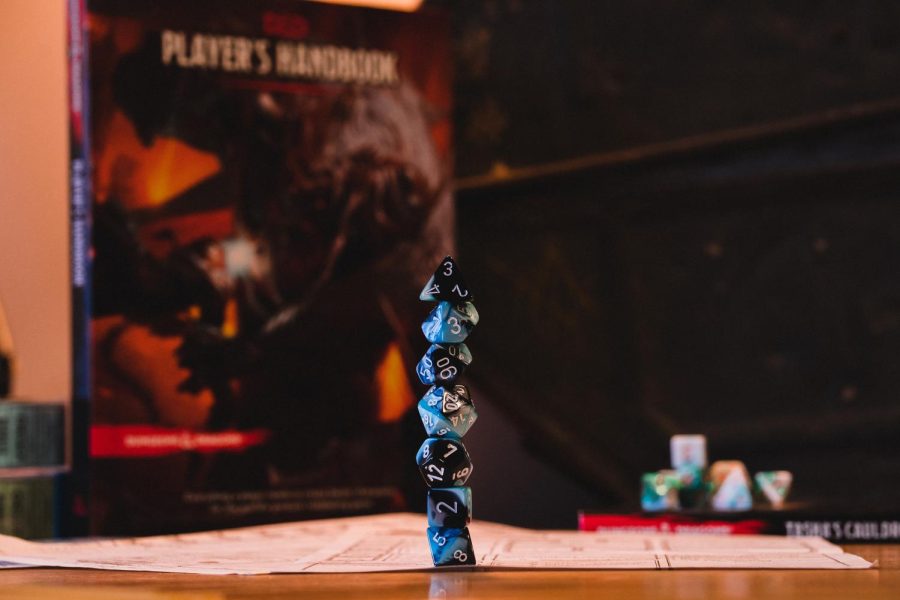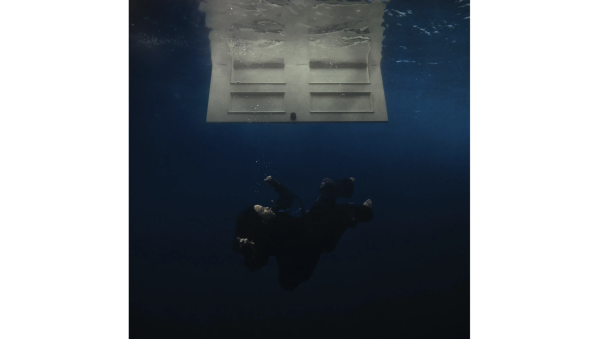Making Death Saves: D&D Controversy Continues Over New Licensing Agreement
The gaming community is infamous for creating uproar over changes big and small, so when Dungeons & Dragons (D&D) leaked a legal document that changes the rules surrounding independent content creation for the first time in 20 years, the fan community erupted into backlash.
D&D is owned by Wizards of the Coast (WOTC), a subsidiary of Hasbro, and is the biggest TableTop Role-Playing Game (TTRPG) in the world. In late December 2022 the updated open gaming license, OGL 1.1, leaked to the public.
WOTC’s official statements claimed that OGL 1.1 was an effort to curtail the rise of unauthorized D&D NFTs and unofficial content, or ‘homebrew’ that includes hateful content, such as racism or homophobia.
OGL 1.1 also took an aggressive stance regarding homebrew content that turns a profit. Any homebrew creator making more than $750,000 in gross income from D&D-related content pays a 25% royalty to WOTC. Creators that make less than $50,000 must register their work with WOTC, and those who make between $50,000 and $750,000 must report their finances to the company as well.
Steven Tapia, intellectual property law professor at Seattle University, often sees tension in creative companies between artistic expression and profit.
“It’s a very fine ecosystem, where gamers and the game developers make each other happy by staying in the community. If one of them starts to get a little too aggressive, you find that the fine balance of the ecosystem is thrown off,” Tapia said.
In follow-up statements on Jan. 13 and 19 from D&D Beyond, a subsidiary of WOTC, the company tried to restore balance by backpedaling on aspects of the royalty structure. The Jan. 19 statement also formally introduced an updated draft of the license in the form of OGL 1.2.
Whether or not OGL 1.2 will regain players’ trust remains to be seen. Christopher Paul, a communications professor at Seattle U, teaches classes like the “Video Games, Communication and Culture” class that address the intersection of communications and gaming.
“It seems like WOTC’s and Hasbro’s decision came out of left field. WOTC has enough interesting stuff, though, so they’ll be fine in the end. There are moments when you simply need to outrun the backlash and see what happens,” Paul said.
Paul also sees the outrage as a prime opportunity for competitors to crop up, and he is not the only one: smaller TTRPG companies such as Kobold Press and Paizo released statements announcing that their products will always include an OGL akin to D&D’s earlier licensing contract.

Michael DeSimone, a 2020 Seattle U alumnus, had already shifted away from D&D in favor of other TTRPGs after getting his start as a D&D player.
“D&D is a universal language that role players can use to induct people into the hobby,” DeSimone said. “WOTC is throwing away the ubiquity of a system that everyone can use, and you can’t really go back on announcing an irrevocable license. Consumers generally have extremely short memories for things like this, but the damage is done.”
Many fans are choosing to stick with D&D through the controversy, or have petitioned for a return to the original OGL. Others have canceled their subscriptions to D&D Beyond, the official online companion for the game that Hasbro paid $140 million for in April 2022. It is suspected that the sudden influx of cancellations crashed a portion of D&D Beyond’s website as it tried to keep up with the demand.
“One of the strongest things that a consumer can do is vote with your feet. If you don’t like what somebody is doing, then you can take your business elsewhere,” Tapia said.
The most recent concession to fans from WOTC is that D&D’s core gameplay mechanics will be placed under a Creative Commons License, one of the most flexible copyright licenses to date. The Creative Commons License is centered around community involvement and cooperation.
OGL 1.2 is still a draft, and will likely go through several more stages before it is complete. D&D Beyond formally reached out to the community for feedback in a survey that became available Jan. 20. The new stance might not definitively solve WOTC’s public relations crisis. It does, however, appear to address some of the key complaints from the previous contract.










